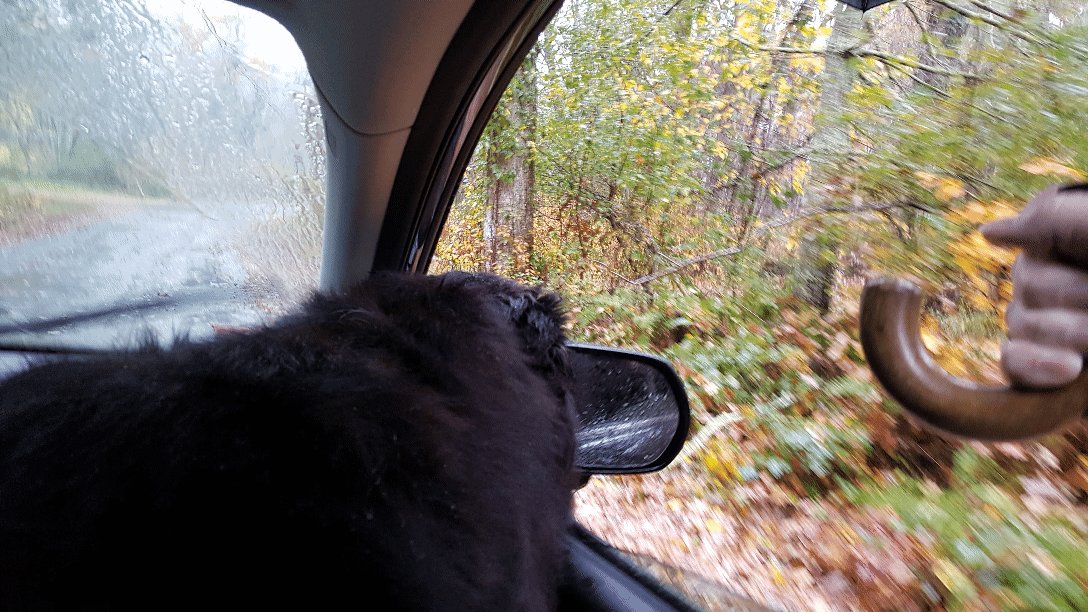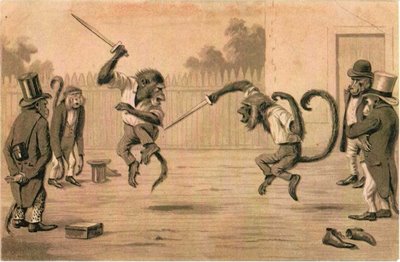Welcome to the Wakefield Doctrine (the theory of clarks, scotts and rogers)
So, the question is, (almost always): would knowing of the principles of the Wakefield Doctrine at an earlier stage of life made any significant difference to the course of said life?
Sure. Of course.
No, not necessarily.
WARNING! Turn the page if you are not certain* that your predominant worldviews (aka personality type) is that of the Outsider (clarks),
New Readers? It’s a given that (if) you’re still reading, you are either a clark or a scott or roger with a significant secondary clarklike aspect. We used to refer to this as (having) a quality of flexible intelligence. But that definition has been surpassed by the more elegant statement of secondary aspect.
Ayiiee!
We just re-read today’s post. ‘El-oh-El y’all.’
No, we’ve got an excuse for the content. You, on the other hand, are not necessarily off the hook for reading and getting something from this rather short post.
Like the wise old saying reminds us: ‘If we would self-improve ourself, everything is a lesson. Provided we can remain silent enough to hear our second response.’
* ha ha clarks are smiling**
** sure, of course the Everything Rule applies to how laughter is manifested in the three. That said, it is worth exploring further, as there is one of those passing, ‘Holy shit! Look at the complementarity among clarks, scotts and rogers in the matter of laughing!!’
No time this morning. Extra credit to anyone willing to address this fascinating question.
OK one hint, that’s all. Consider that the most awful of states (of being) that each of the three can imagine and then, consider the inter-relatedness of each.










